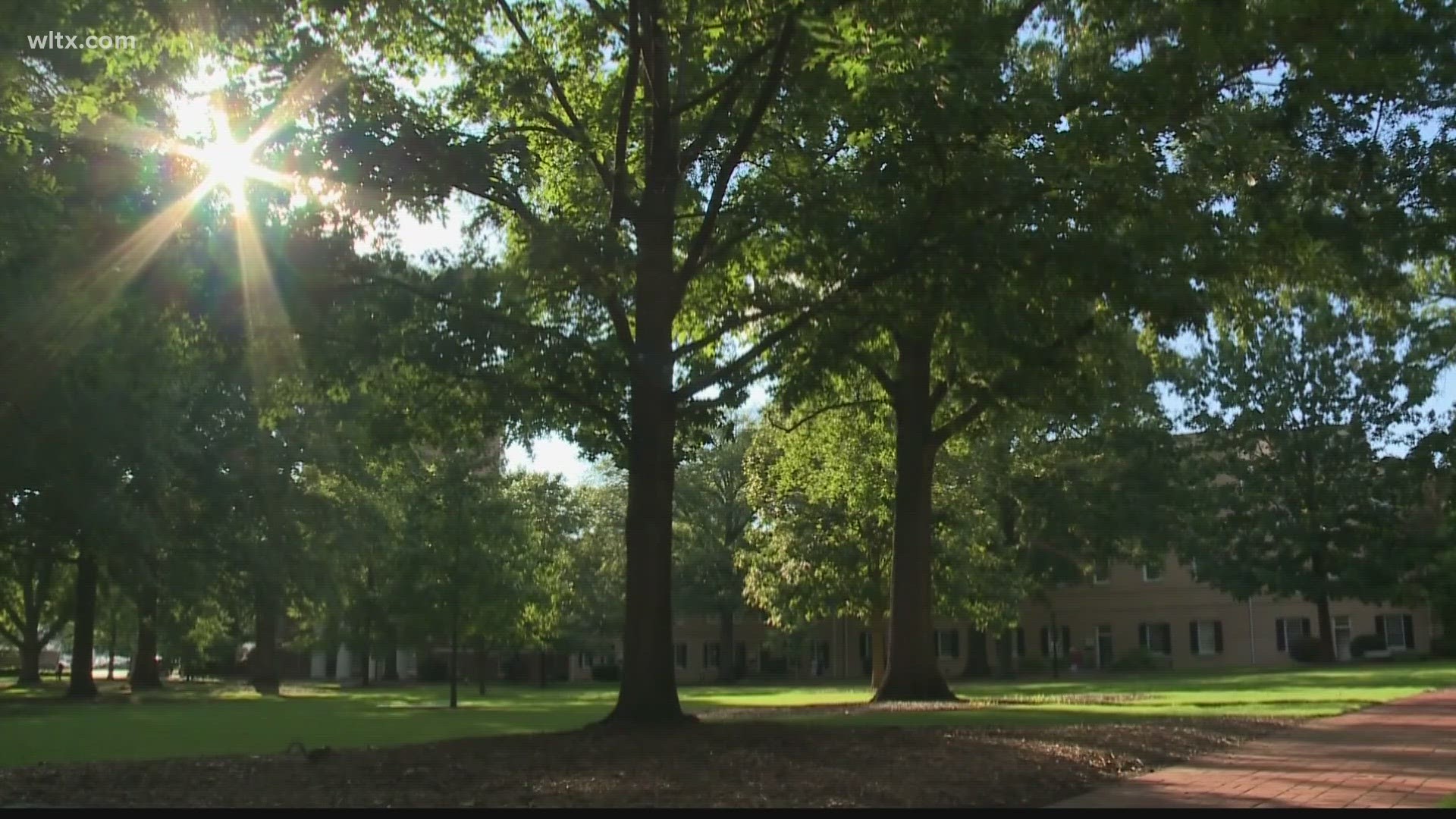COLUMBIA, S.C. — A bill moving through the South Carolina legislature seeks to change diversity policies within the state's public colleges and universities.
The bill, sponsored by Rep. Tim McGinnis, would prohibit diversity statements in admissions and employment decisions and eliminate mandatory diversity training for faculty and staff. Diversity, equity, and inclusion (DEI) is best known as a form of corporate training but recently has found implementation within many types of organizations, including academia. DEI has attracted criticism for its diversity training, effect on free speech and academic freedom, and on political grounds.
Under the proposed legislation, institutions must report annually on administrative positions, operating costs, and complaints to the Commission on Higher Education.
The bill states that colleges can't use money to give special treatment to people based on their views on diversity or politics.
This bill comes less than a year after the U.S. Supreme Court struck down affirmative action in college admissions.
Proponents argue that it promotes fairness and merit-based practices.
"I want diversity, equity, and inclusion. And I believe DEI, as it exists, doesn't do what it intends to do. It does the opposite," said McGinnis. "We want to make sure that everyone will be treated equally regardless of their background or their beliefs."
Meanwhile, critics expressed worries about its potential impact on diversity and free speech rights within higher education institutions.
"I teach a course called The Convergence and Divergence of the Jewish and African American Communities, looking at where they came together, and where they fractured. And if I cannot talk about systemic hatred, micro and macro aggression, and other things named in this bill– there's nothing I can do to benefit the students," said Meier Muller, an ordained rabbi and associate professor of Early Childhood Education at University of South Carolina.
"People face challenges you could not imagine. And here we are, trying to handicap universities that, on their own, decided they wanted to do something to support students. What are we doing here?" asked Hamida Labi, senior policy counsel for the NAACP Legal Defense Fund.
The bill states that it doesn't stop colleges from following federal laws or court orders, applying for grants, or meeting accreditation rules.
Since last summer, Florida, North Dakota, South Dakota, Tennessee, Texas, and Utah have each enacted laws banning DEI policies in their state's public universities,
The bill must get approval from the full committee and the House floor before moving to the Senate.

